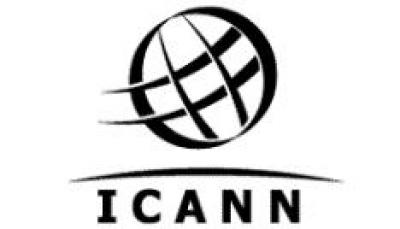

Icann, the Internet regulator, has approved radical changes to the domain name system, allowing the use of almost any string of characters and numbers as a top level domain (TLD), beginning next year.
The changes, which follow years of talks with businesses and governments, will allow the addition of an indefinite number of TLDs to the current list of 22, which include suffixes such as .com, .org and .net.
Individuals or organisations will be able to register a TLD of up to 63 characters, with an up-front fee of $185,000 (£115,000) for applying, Icann said.
The move could stimulate demand from organisations such as banks that wish to use a specialised TLD to show off their security credentials or entrepreneurs looking to resell TLDs.
The move was designed to shake things up for the Internet’s addressing system, Icann said.
“Icann has opened the internet’s naming system to unleash the imagination,” said Rod Beckstrom (pictured), president and chief executive of Icann, in a statement. “Today’s decision respects the rights of groups to create new Top Level Domains in any language or script.”
Icann will accept TLD applications between 12 January and 12 April of next year, with the first new TLDs expected to go online by November of 2012.
The fee is designed to offset the estimated cost of processing the applications, including possible extra costs such as brand litigation.
The application process will look to weed out cyber-squatters and evaluate aspects such as how the applicant plans to use the TLD and whether the business model seems strong.
If Icann isn’t able to choose a single candidate (say, a global copyright owner for the proposed domain name) the TLD will move into an auction process, but the organisation said it expects most applications won’t reach that stage.
Any auction proceeds would “go back to the (Icann) community for good work” said Icann chairman Peter Dengate Thrush, in a Wall Street Journal report.
Industry observers were quick to point out that the new world of top-level domains will mean a much more complex landscape for businesses looking to protect their brands.
“Companies need to carefully think about protecting their brand equity,” said Andreas Edler, managing director at web hosting company Hostway UK, in a statement. “If they don’t they could easily find themselves falling foul to cybersquatters.”
OpenAI chief operating officer Brad Lightcap to oversee international expansion as company consolidates lead in…
Chinese researchers publish details on device that could wreak havoc on undersea communications cables in…
Former Intel chief Gelsinger expands role at Gloo, becoming executive chairman and head of technology…
MEPs add to Commission pressure for second EU Chips Act amidst industry calls for renewed…
Smartphone maker Xiaomi reportedly raises about $5.5bn in Hong Kong share sale as it invests…
BYD's Qin L EV sedan starts at about half the price of Tesla's Model 3,…